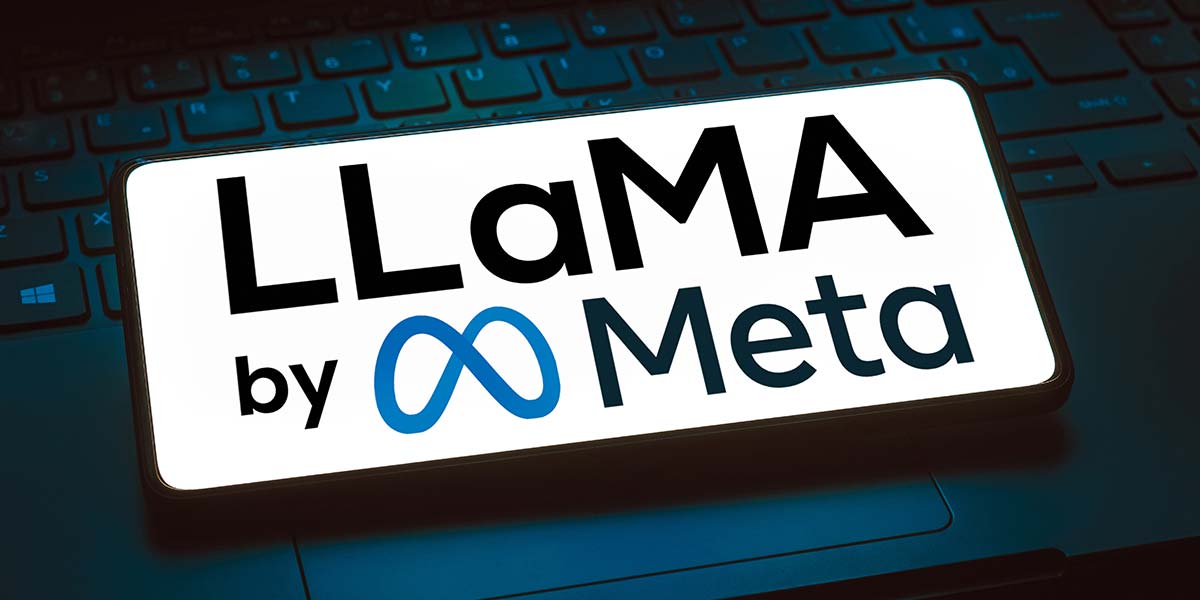In a strategic move to enhance its standing in the competitive AI landscape, Meta Platforms announced the launch of its Llama API. This new application programming interface aims to simplify AI product development for businesses using Meta’s Llama artificial intelligence models.
The announcement was made during Meta’s first-ever AI developer conference, highlighting its competitive push against established players like OpenAI, supported by Microsoft, as well as Google’s Alphabet and new low-cost challengers such as China’s DeepSeek.
Meta’s chief product officer, Chris Cox, emphasized the accessibility of the Llama API, noting that developers can now integrate Llama’s capabilities with minimal coding effort.
The API is designed to allow developers to easily tailor and integrate AI technologies into their existing products, mirroring the business model that has significantly contributed to OpenAI’s revenue stream.
Although Meta did not disclose pricing information during the conference, it revealed that the Llama API is currently available on a limited preview basis for select customers, with a broader rollout planned in the coming weeks or months.
The company also introduced a standalone AI assistant app, with plans to experiment with a subscription service for its AI chatbot later in the year, following reports from February.
By offering its Llama models largely free for developers, Meta aims to stimulate innovation, reduce reliance on potential competitors, and increase user engagement on its core social media platforms, CEO Mark Zuckerberg stated
At the conference, Meta developers showcased novel strategies that have reduced costs and enhanced the efficiency of Llama’s latest iteration. Zuckerberg welcomed heightened competition, suggesting it could disrupt the dominance of a few key players, empowering developers to mix and match capabilities across various models.
If another model, like DeepSeek, is better at something, developers will have the ability to take the best parts of the intelligence from the different models and produce exactly what they need, which could be something very empowering, Zuckerberg concluded.





